Graham Reid | | 3 min read
GHoSTYhead (from the GHoSTYhead album, 1997)
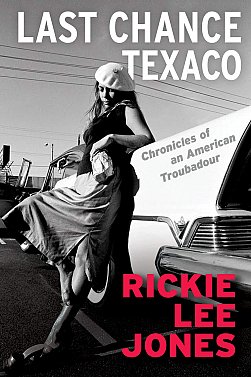
Most rock biographies and autobiographies conform to a familiar template: a bit about growing up, the musical epiphany (Elvis/Beatles/Stooges/Clash/name your moment); starting out; fame arrives; the struggle and usually the redemption (clean/sober/happy etc).
Perhaps because Rickie Lee Jones is not a rock musician but – as with Leonard Cohen, Joni Mitchell, Bjork, Kate Bush and many others – is part of rock culture, her autobiography was always going to be a bit different.
But just how great that difference was couldn't have been guess until this seven-years-in-the-making book, subtitled Chronicles of a Troubadour.
Jones' story doesn't even get to her first album, fame and her grand passion with Tom Waits until fully three quarters the way through (Waits appears briefly in one unflattering encounter before that).
Before her acclaimed debut album, the hit Chuck E's in Love and the subsequent spotlight, Jones tells a remarkable story of her Vaudeville ancestors; of a dysfunctional and itinerant family (sometimes together, sometimes the parents separately); of someone in their last three generations losing a limb (in her family it was brother Danny); of being prone to flights of fancy, fantasy and mystical thoughts; her as a recalcitrant pre-teen; of being a runaway, stealing her first car and her earliest sexual experience (both at 14); jail and juvenile hall; roaming across the US as rootless and often homeless; of her physical maturity (big breasts) being currency while on the road hitchhiking; of bad and abusive relationships; an abortion; abandoned in Chicago by one lover with no money and no clothes; living in a Californian cave with hippies . . .
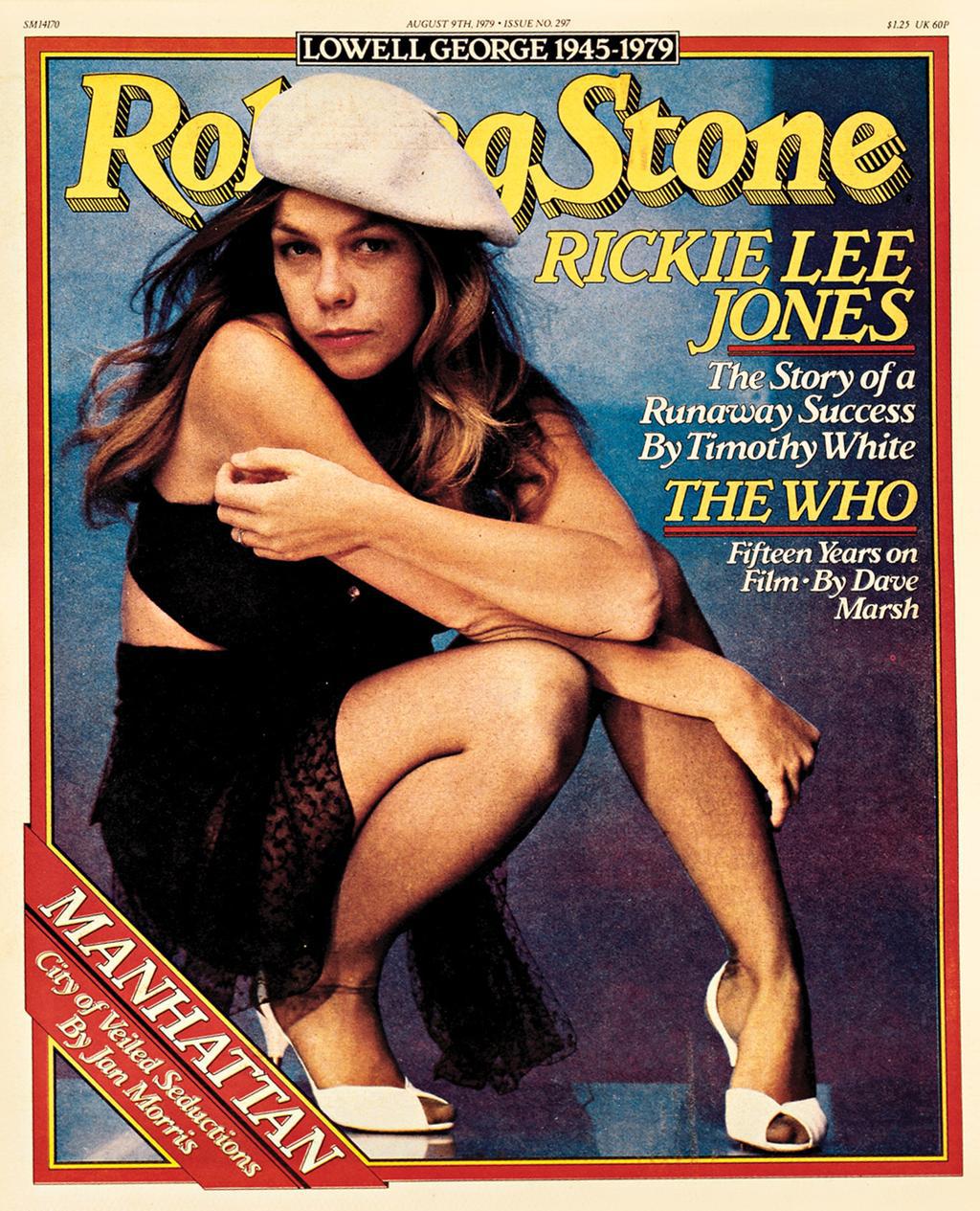 All this before she was 18.
All this before she was 18.
She didn't read and when she was given Jack Kerouac's On The Road – her third book after Catch 22 and Slaughterhouse Five – she didn't rate it.
“I understood Jack Kerouac because I lived, then surpassed, Jack Kerouac. And I didn't really like his literary style. Three books and already I was a critic.”
Jones tells her story without asking for sympathy or even understanding, this is just what her life was before she started singing for actual money.
She'd always sung but her epiphanies weren't the obvious ones. Yes, she loved the Beatles when she heard them as a kid but it was the romance and drama of West Side Story – the Sharks and the Jets, the doomed love – which attracted her.
She loved Sinatra too.
She was jazz not pop, bohemian not hippie, Rickie Lee Jones not anybody else.
There was no one doing what she did, until after she did it.
She is candid about her lovers among them Lowell George (who wanted to get a credit on Easy Money) and Dr John, her heroin use (when she revealed it to Waits with whom she was living he dropped her immediately), the famous people she met including Bob Dylan who told her at a Grammy after-party when she had been nominated for five awards, “Don't ever quit. You are a real poet”.
There is a hilarious meeting with the curmudgeon Van Morrison in which he conforms to type.
If she condenses the past 30 years of her profession career into the final chapters it sacrifices nothing in this context because she reconciles with her father (but not her sister), still has the support of her mother and recounts with sadness how brother Danny went into a mental decline as society rejected him.
She tells her extraordinary story of a child born into a damaged post-war family with equanimity, a healthy lack of shame or disregard for how she comes across, and along the way we see how all of this fed into her unique talent.
She is a gifted songwriter who has never been easily pigeonholed (she writes of being from “the jazz side” with all the connotations the world can bring) and concludes in her Epilogue, “The fact is careers breathe like everything else. There are good years and bad, great decades and evil ones. Show business is the business of showing your life to the whole wide world.”
More than most, the great Rickie Lee Jones revealed herself through her music and lyrics, her ambitions and shortcomings and as she says, “this troubadour life is only for the fiercest hearts, only for those vessels that can be broken to smithereens and still keep beating out the rhythm for a new song”.
She has been one of the most fierce, and in this remarkable autobiography -- with music as a constant -- she shows how, by the age of 21, she had been steeled in the fires.
.
LAST CHANCE TEXACO by RICKIE LEE JONES (Grove Press, $37)


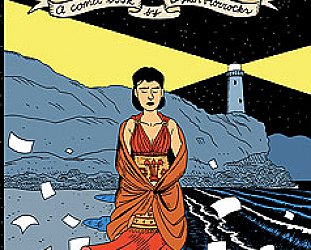
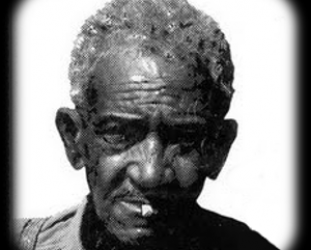
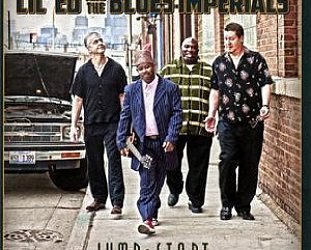
Mike Butler - Aug 9, 2021
Great review G!.. it's a title I prob would have passed on...not now!
Savepost a comment